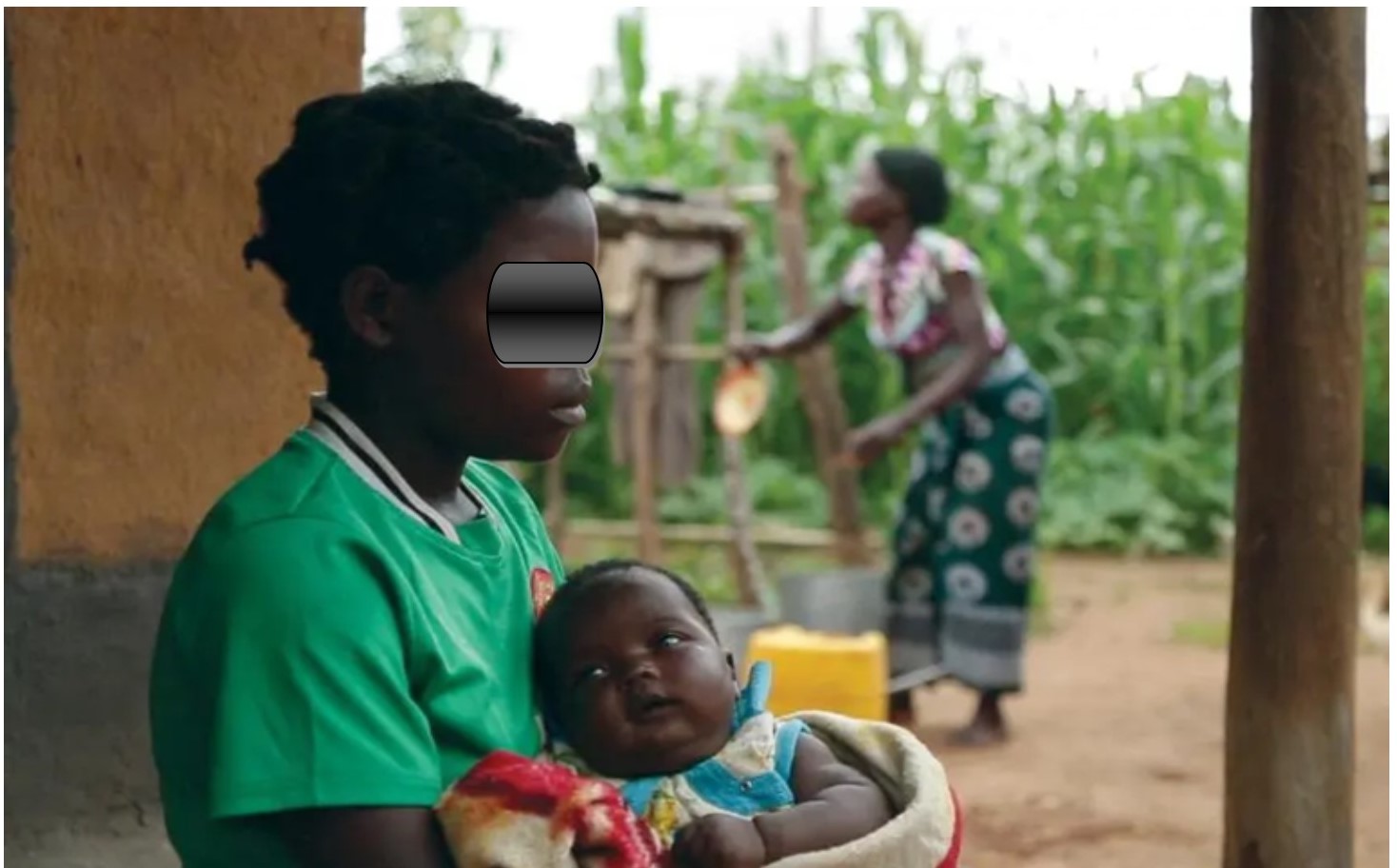By Musa Paul Feika
Child marriage is a human rights violation. Despite laws against it, the practice remains widespread. Globally, one in every five girls is married, or in union, before attaining age 18. Early marriage does not only threaten girls’ lives and health but also limits their future prospects.
The UNFPA-UNICEF Global Programme on Child Marriage recognised that ending child marriage entails addressing the complex sociocultural and structural factors underpinning the practice.
Global statistics report notes that every year approximately 15 million girls are married before the age of 18.
The region of West Africa has the highest prevalence rate of child marriage in Africa, and the world’s second highest prevalence rate.
Girls pushed into child marriages often become pregnant while still adolescents, thereby increasing the risk of complications in pregnancy or childbirth. These complications are the leading causes of death among older adolescent girls in Sierra Leone.
UNFPA has promoted policies, programmes and legislation designed to end child marriage in Sierra Leone.
UNFPA supports evidence-based, girl-centred investments that empower girls with the information, skills and services they need to be healthy, educated and safe, helping them make a successful transition to adulthood.
According to the Demographic Health Survey 2013, 21% of adolescents aged 15-19 years in Sierra Leone have begun childbearing.
Studies confirm that early marriages impact negatively. Aminata Kamara, who resides at Mambo Village in Goderich, Freetown, said she was married when she was 15 years old. She said when she was age 13; a forty-five (45) year old man, name withheld, asked for her hands in marriage through her parents.
Aminata Kamara disclosed to Nightwatch that the man was rich, and used his wealth to influence her parents.
‘My parents were pressuring me about him on a daily basis,’ she told Nighwatch. She said because she was opposed to being married young she resisted the marriage proposal.
“My parents demanded that I should marry the man they had chosen. When I put up some resistance, my parents told me they will disown me, if I continued to decline the marriage. I was left with no choice. I was married to him,’ she told Nightwatch. This often forced girls to drop out of school or become a drop out, limiting their future prospects.
According Aminata, the marriage was a nightmare for her because her husband was already married, unbeknown to her parents.
‘He was married to another wife, who was even older than my mother. This was unknown to my parents and me,’ she said.
She said the older wife isolated her and assigned all the chores to her at the home, disclosing that she couldn’t even interact with her friends and neighbours.
‘In the night, I face sexual violence from my husband. When he returned home from work at night, he would force himself on me,’ Aminata disclosed.
Initially Aminata said her husband had promised to send her to school, but he changed his tune after their wedding.
One day Aminata said she decided to run away. She said she went to her elder brother, who lives at Grafton, on the outskirts of Freetown, who was not aware of her marriage.
‘I then narrated to him the situation, and he in turn sent me back to school,’ she added.
According to the National Girls’ Camp, child marriage is a human rights violation that threatens girls’ lives and health. Child brides may become pregnant before their bodies are ready, making them highly vulnerable to human rights abuses.
The UNFPA and UNICEF have been working hard as “Global Programme to Accelerate Action to End Child Marriage” girls’ clubs are being established throughout the country.
Volume 3b chapter 4 page 254 paragraph 98-99 TRC report recommends that “Early marriages pose a major challenge pose a major challenge to the government of Sierra Leone are permitted to under customary law system in Sierra Leone and involve the marriage of girls under the age of 18”.
Through the clubs, girls were taught about their rights and health including the health risks of early pregnancy and their right to live free of abuse and child marriage.
This article is produced with support from Media Reform Coordinating Group (MRGC) through African Transitional Justice Legacy Fund (ATJLF) project “On engaging the media to change the narrative on Transitional Justice (TJ) issues in Sierra Leone.”

